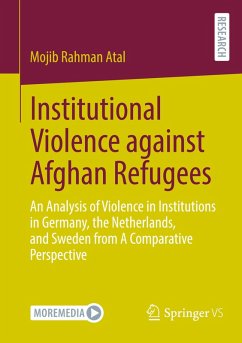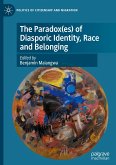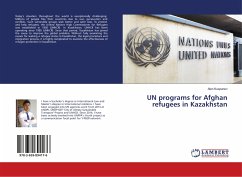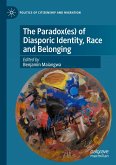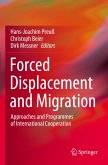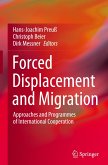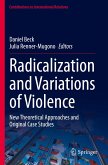The long-lasting political instability in Afghanistan since the Soviet Union invasion in 1979 has displaced millions of Afghans, both internally and internationally. Despite their growing numbers, the challenges that Afghan refugees encounter in public institutions and everyday interaction with members of their host countries have remained largely uninvestigated. This research thus explores perceived institutional violence against Afghan refugees in Germany, the Netherlands, and Sweden. The semi-structured interviews provide evidence on the occurrence of perceived verbal violence, and differential and poor treatment in institutions. The quantitative analysis lends empirical evidence to the extent, factors, grounds, and consequences of institutional verbal violence, institutional failure, everyday discrimination, and sense of belonging. Permanent residence, school education, age, having children, country of residence, citizenship, and employment were identified as factors significantly affecting the experiences and perceptions of respondents. Respondents reported negative experiences mostly in institutions that often deal with migration and asylum matters. Legal status, ethnic origin, religion, unemployment, appearance, and lower language proficiency seem to be the main grounds for institutional violence.
Bitte wählen Sie Ihr Anliegen aus.
Rechnungen
Retourenschein anfordern
Bestellstatus
Storno

